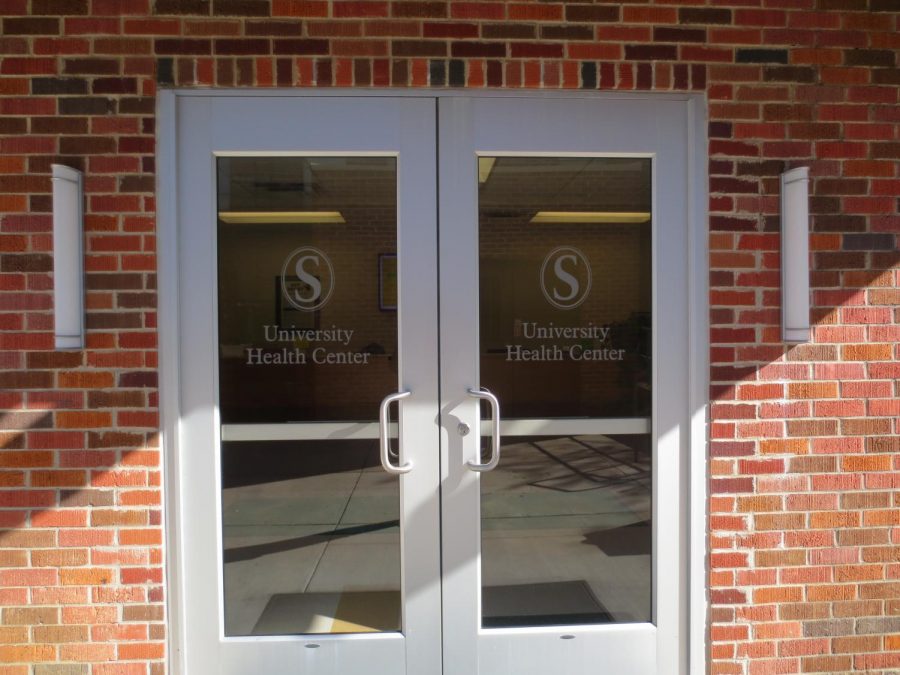Health Center provides STD checks and stresses its importance
Sexually transmitted infections are a problem that plague many young adults in colleges and universities nationwide.
According to the Centers for Disease Control and Prevention, nearly half of the 20 million new cases of sexually transmitted infections occur in people ages 15-24. College students are typically not taught about sexually transmitted infections before coming to college. So, most are not mindful of what can happen if they do not use proper protection during sex. A few of the most common sexually transmitted infections include gonorrhea, chlamydia, syphilis, HIV, HPV and herpes. Louisiana ranks in the top 10 in the nation for all of the STIs listed above. According to the Louisiana Department of Health, Louisiana currently ranks seventh for primary and secondary syphilis, third for congenital syphilis, fifth for gonorrhea and second for chlamydia.
The University Health Center can test for three different sexually transmitted infections: chlamydia, gonorrhea and HIV. The chlamydia and gonorrhea test is a urine test, and students receive their STI results within two weeks. The HIV test consists of a finger prick blood test, and students get the results back in fifteen minutes. The cost for testing chlamydia and gonorrhea is $10. It is $10 to test for HIV. It would cost the student $20 to receive both STI tests: urine test for gonorrhea and HIV, and finger prick blood test for HIV. The University Health Center is offering free STD testing to students from Oct. 28-31. Students can make an appointment online. For students to receive the free STD testing, they must bring in a non-perishable food item to donate to the university Food Pantry. Items that can be donated include peanut butter, jelly, cereals, granola bars, pasta, canned soups, toothbrushes and toothpaste.
The health center also offers free condoms to students and are available during office hours. Since the health center closes early in the evening, we are hoping to get free condom dispensers installed in various locations on campus in the near future. One of the student interns at the health center, Devyn Alford, has used his internship project to help educate students on sexual health and to collect students’ opinions about these free condom dispensers. Alford has presented his project to students through a variety of events such as residence hall programs and tabling events. So far, the data from the programs show that students are interested in having free condom dispensers installed on campus.
Your donation will support The Lion's Roar student journalists at Southeastern Louisiana University.
In addition, your contribution will allow us to cover our annual website hosting costs.
No gift is too small.






